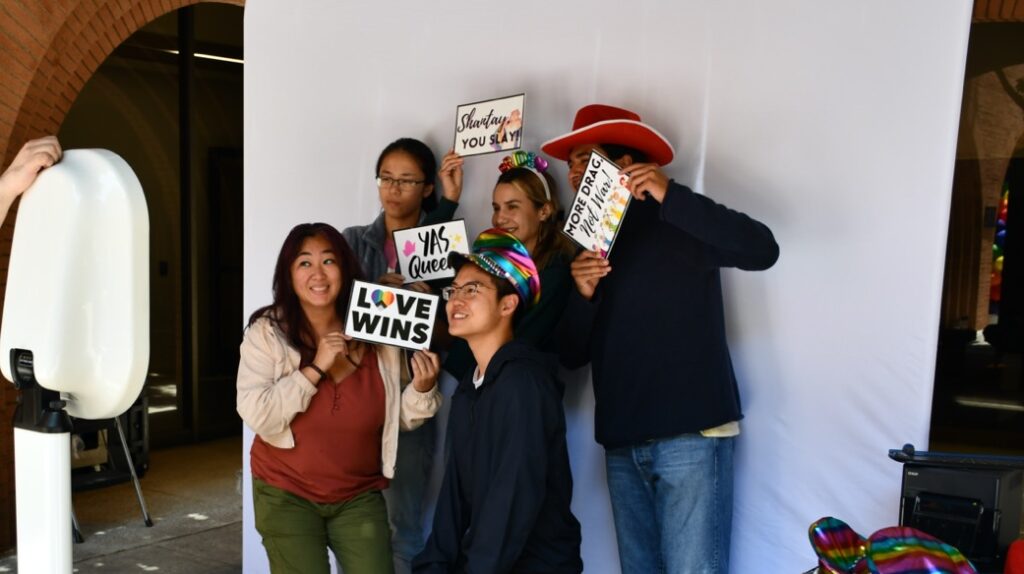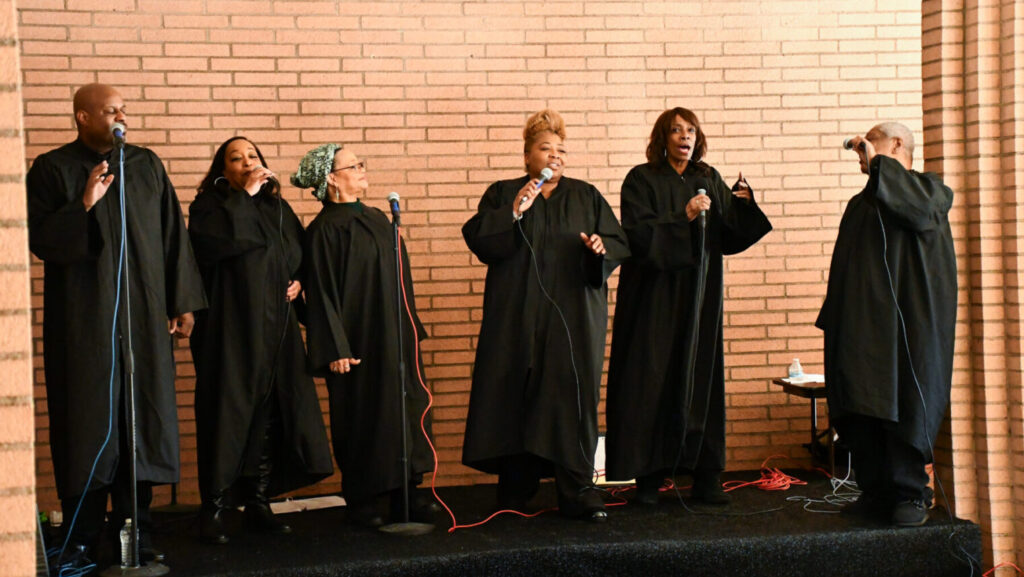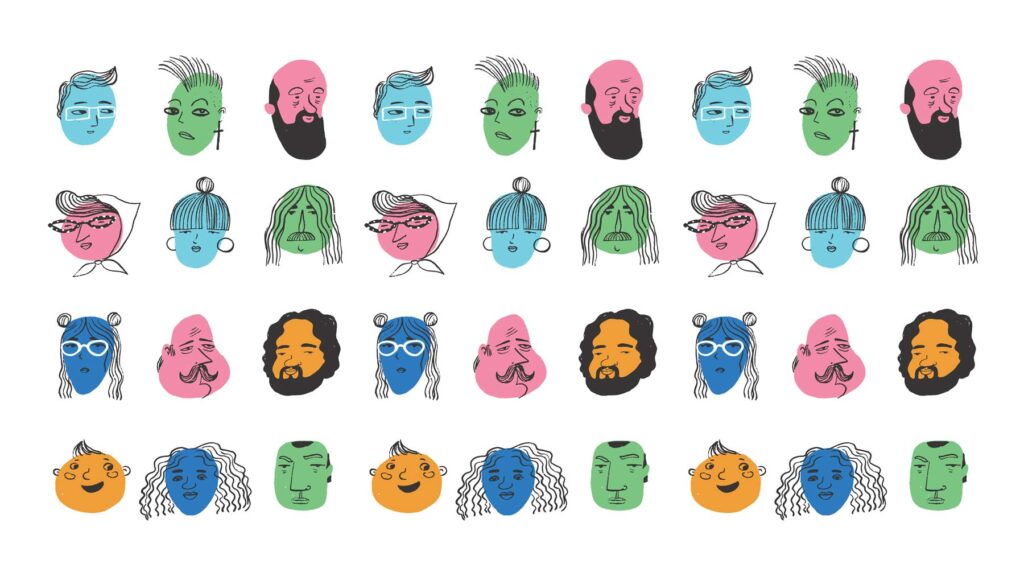Mission Statement
The mission of the USC Leonard Davis School of Gerontology is to promote healthy aging for diverse individuals, communities, and societies through leadership and innovation in research, education, and practice.
This mission is carried out by a faculty that is highly interdisciplinary, approaching aging from diverse areas such as neurobiology, molecular biology, biodemography, cognitive psychology, sociology, urban planning, and health services research. This expertise has earned the USC Leonard Davis School an international reputation for its strengths in basic biological, social-behavioral, and policy science. It also has a long history of applied research designed to systematically test program effectiveness. Cross-disciplinary applied and translational research is conducted in a number of areas related to aging, including family studies, housing, long-term services and supports, fall prevention, elder abuse prevention, caregiving, and technology and aging.
In addition, the school serves as a focal point for faculty and students from throughout the university to collaborate on basic and applied research in aging fostering partnerships through collaborative centers and institutes, joint appointments, and dual degrees. With the USC Leonard Davis School as the hub of aging research, and with additional strong programs throughout the university, USC is leading the way in defining the field of gerontology. Transdisciplinary relationships within the school and with colleagues throughout the University will take USC Leonard Davis research to the next level and more firmly establish USC as the world leader.




